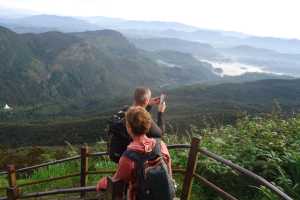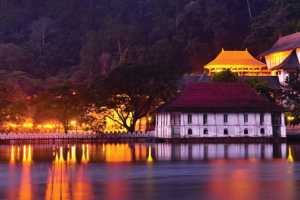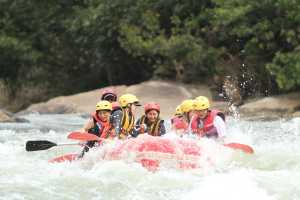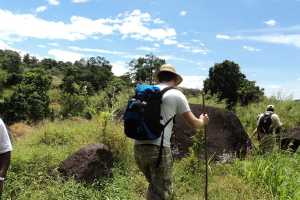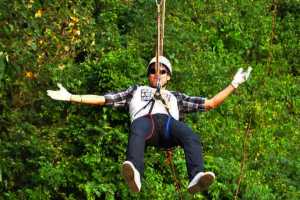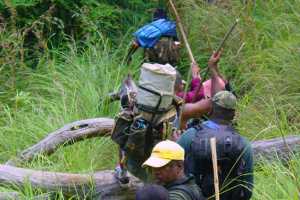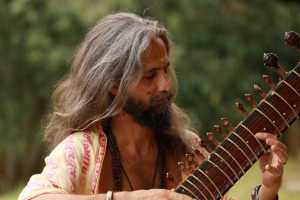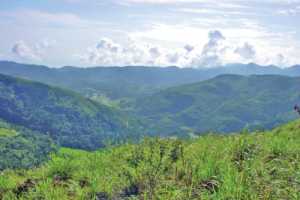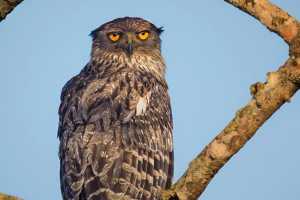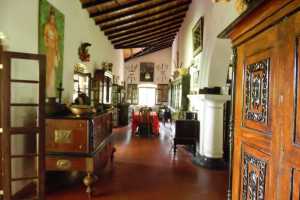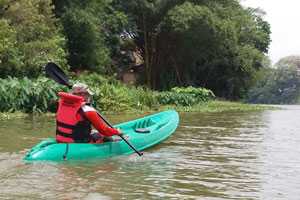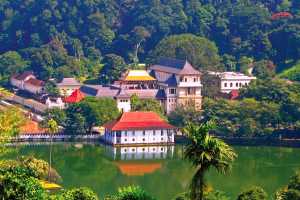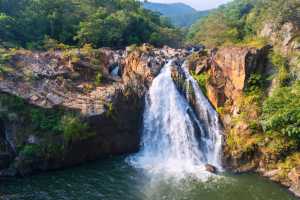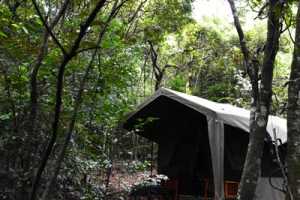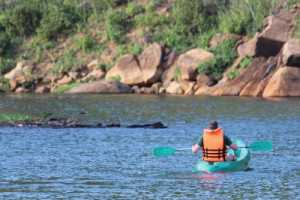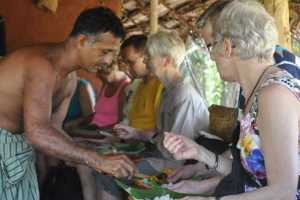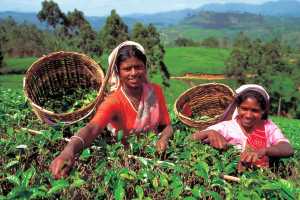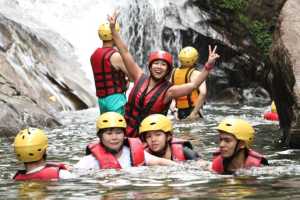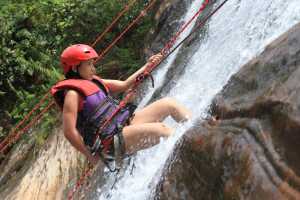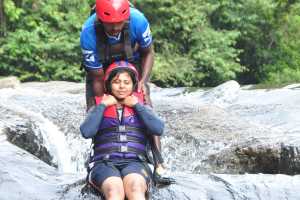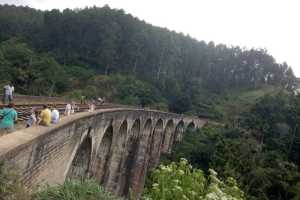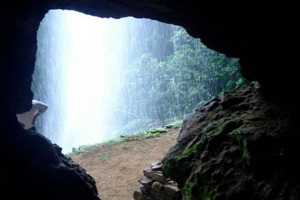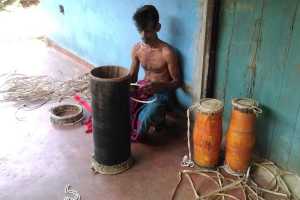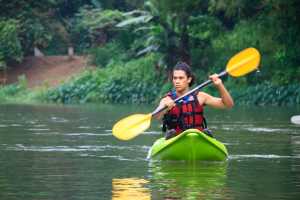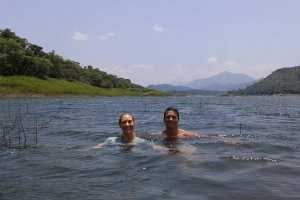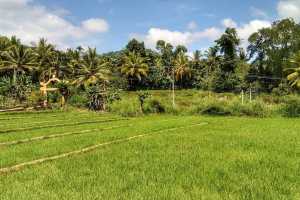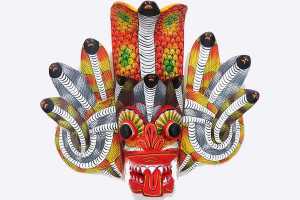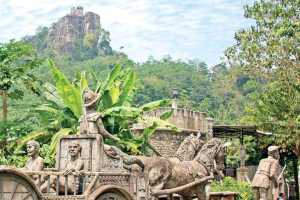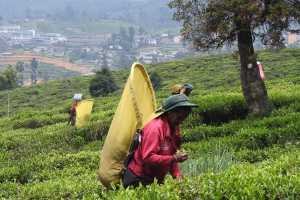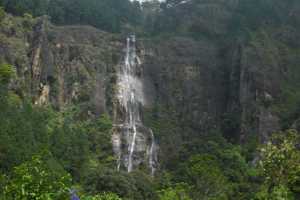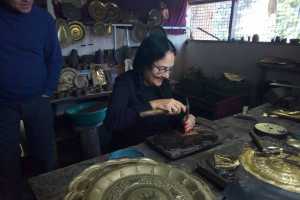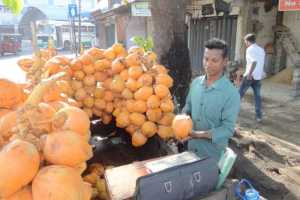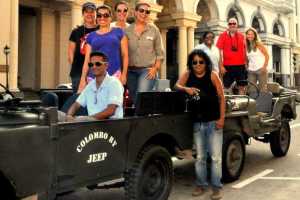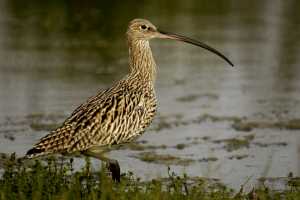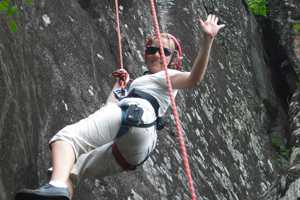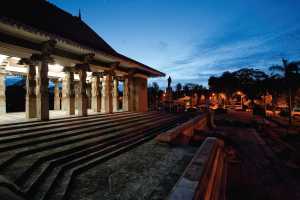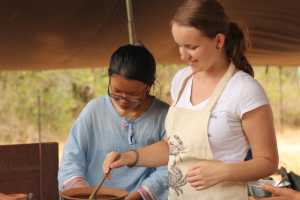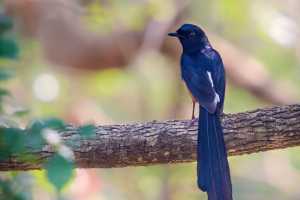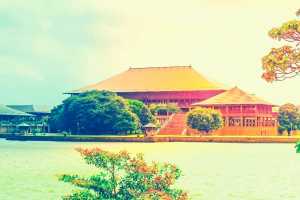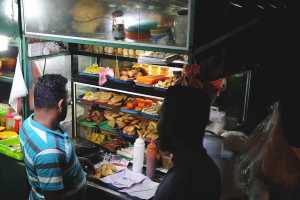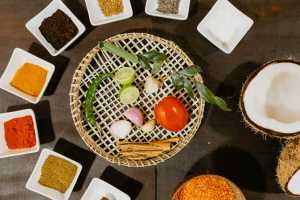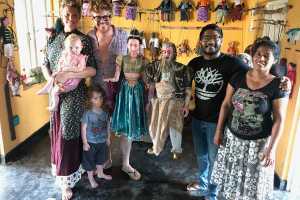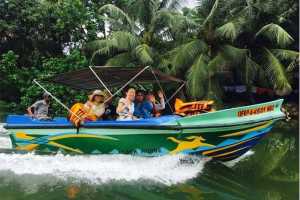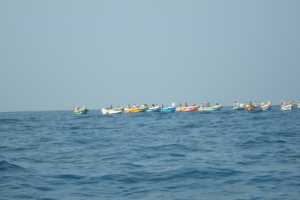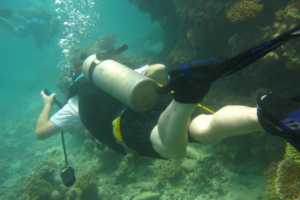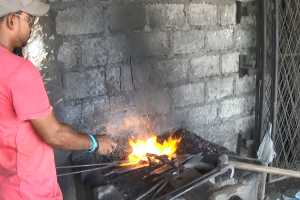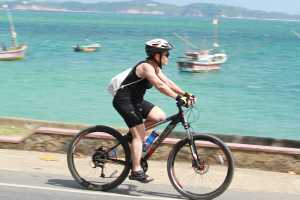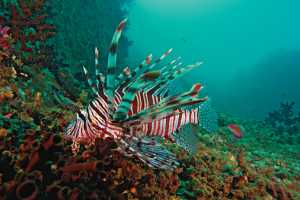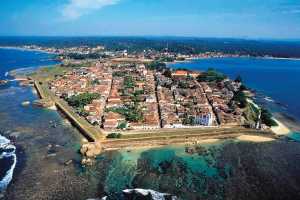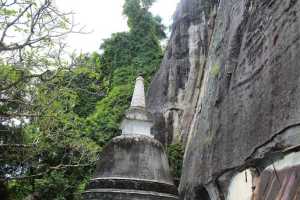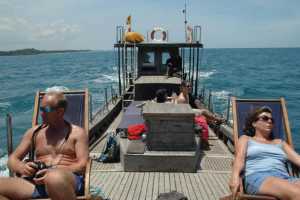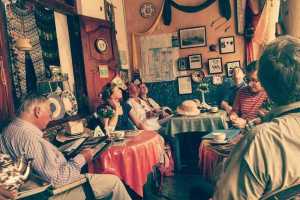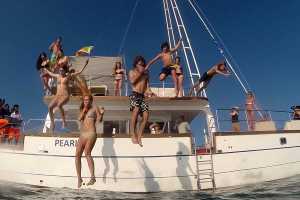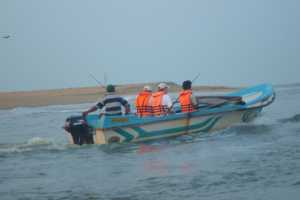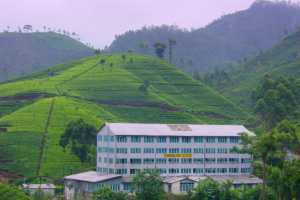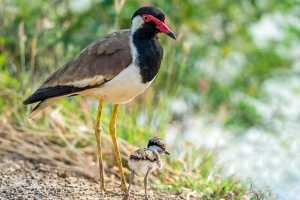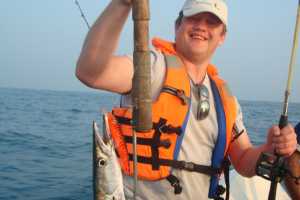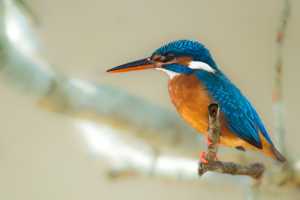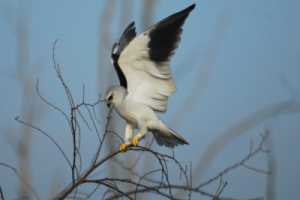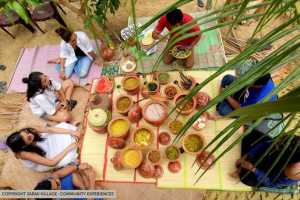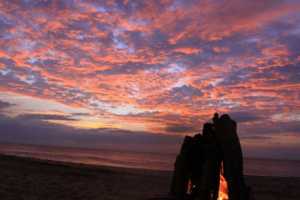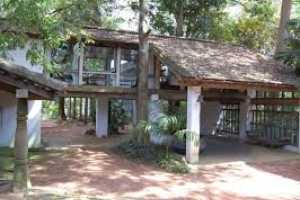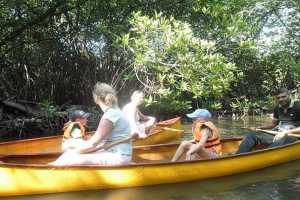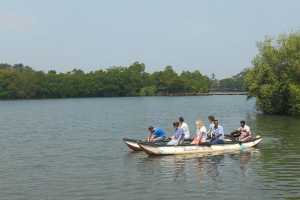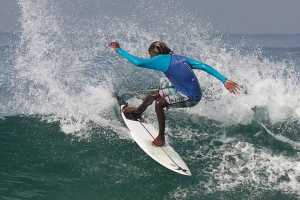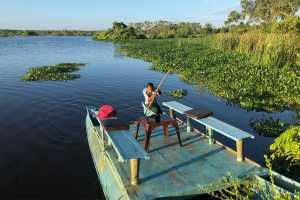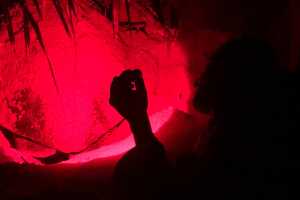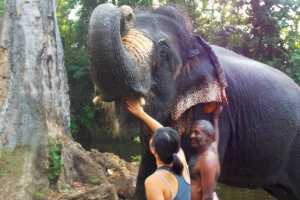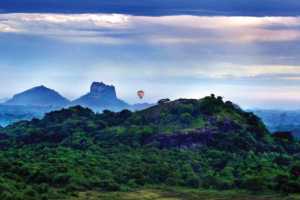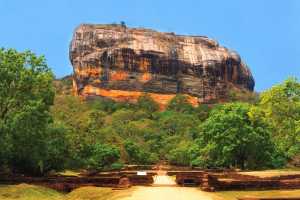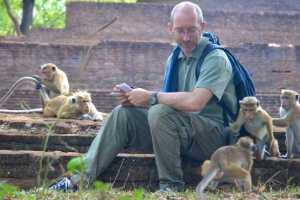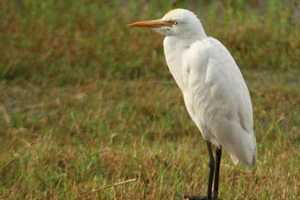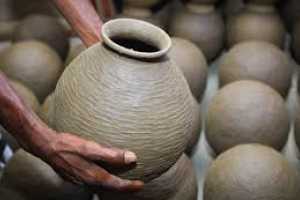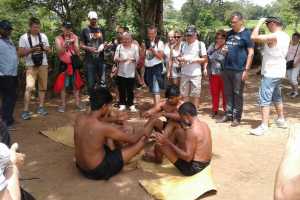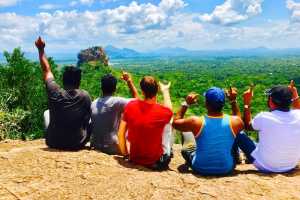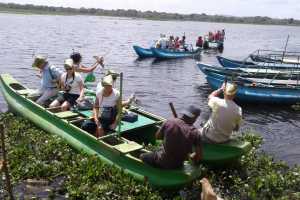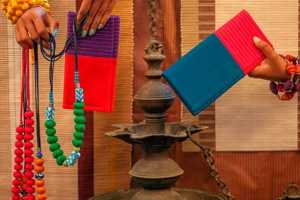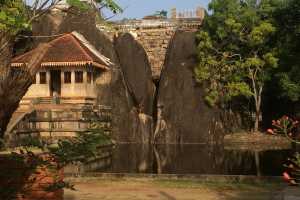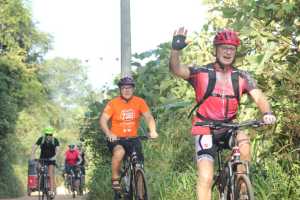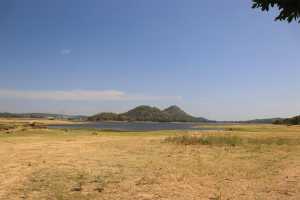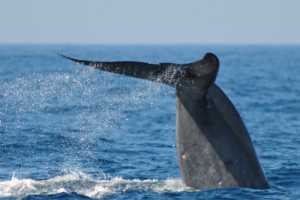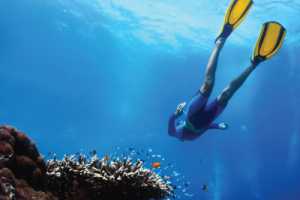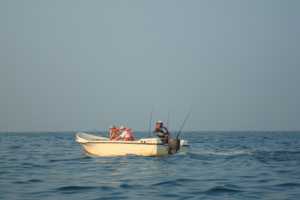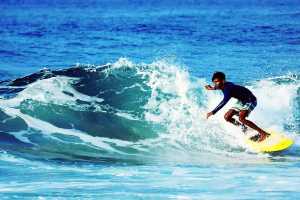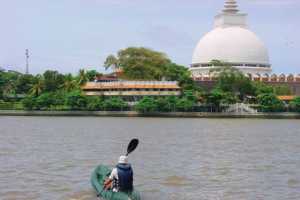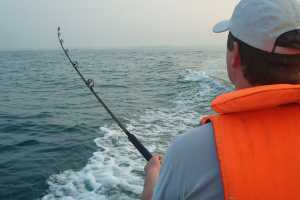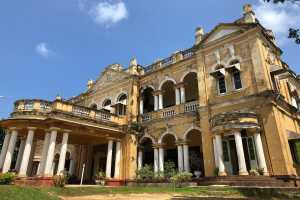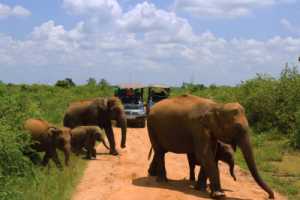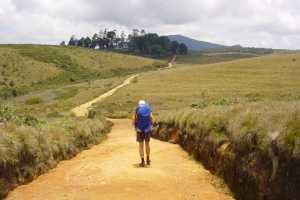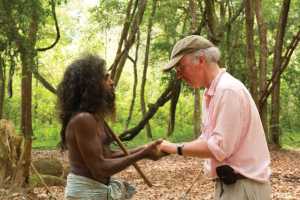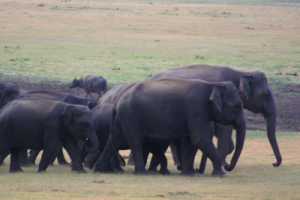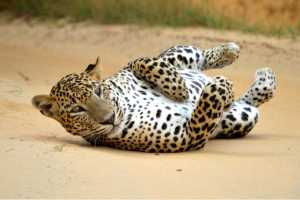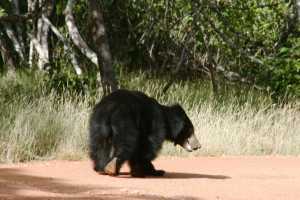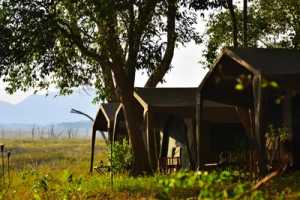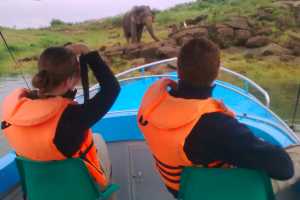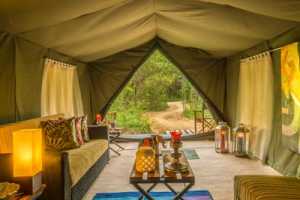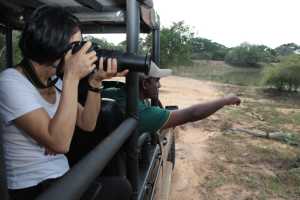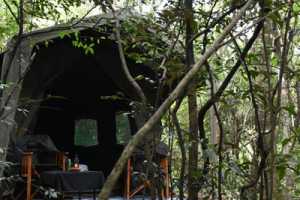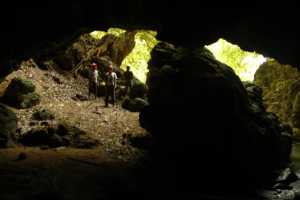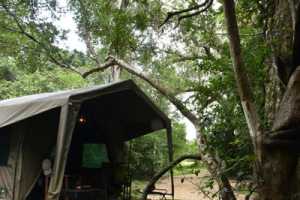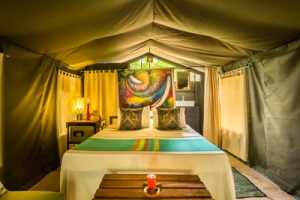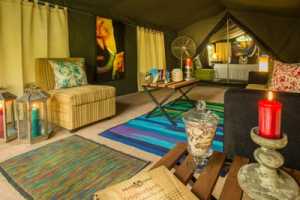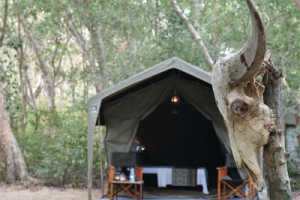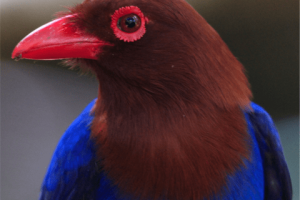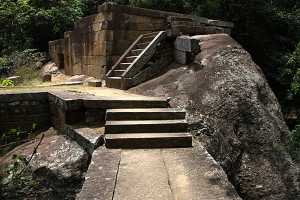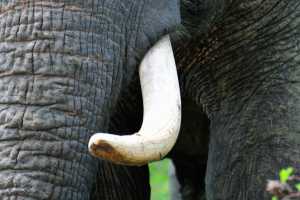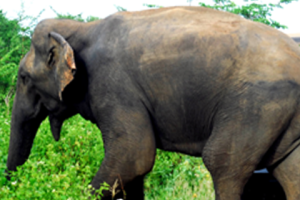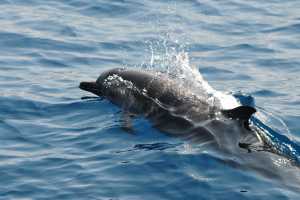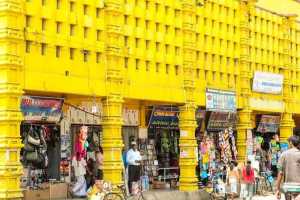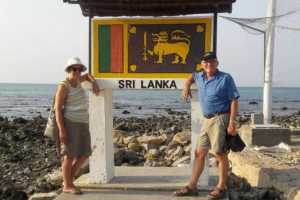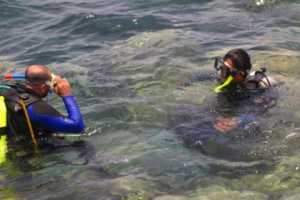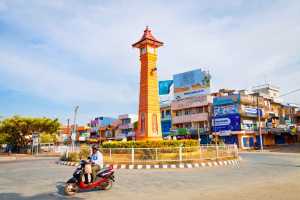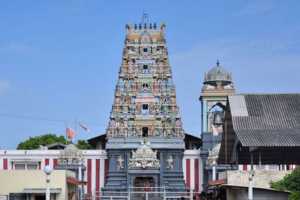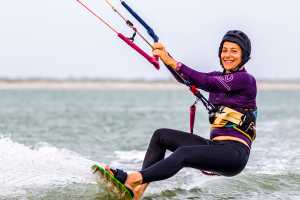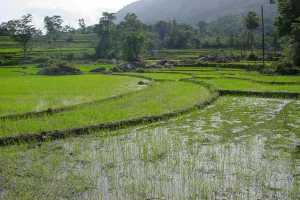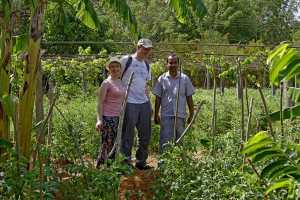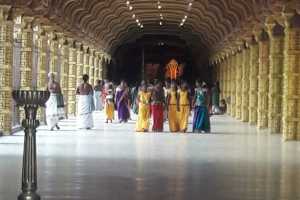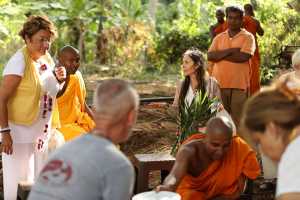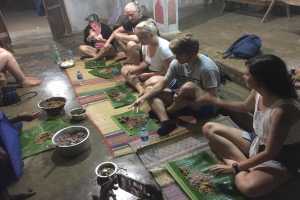Find excursions by your location
Kandy & Hill Country
Colombo & suburbs
Negombo
South Coast
Cultural Triangle
East Coast
West Coast
Nature & National Parks
North & North West
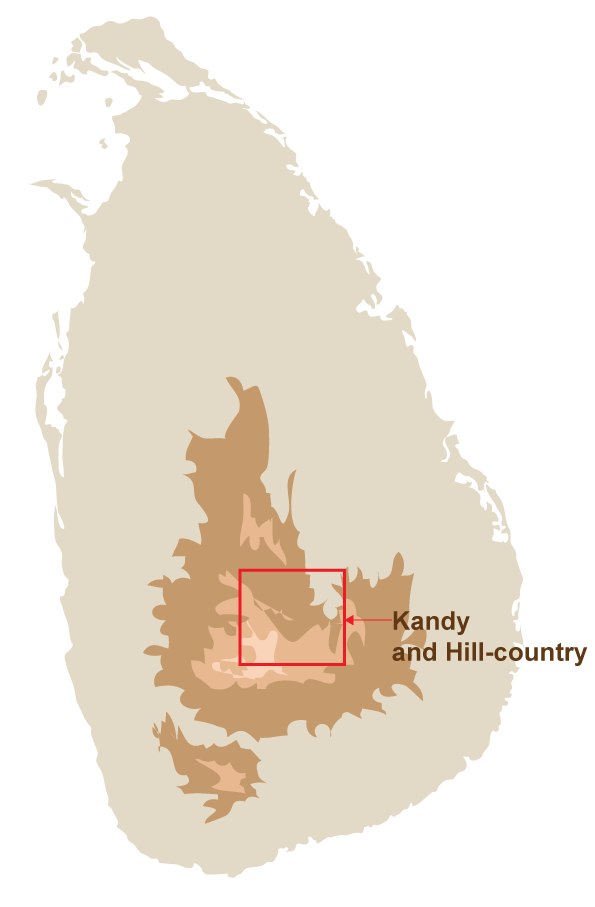 Strategically nestled amidst three mountain ranges, Kandy was initially built in this location as a natural fortress against an attack. Kandy was not an easy target for the foreign invaders who could easily gain control of coastal areas without too much loss to their forces.
Strategically nestled amidst three mountain ranges, Kandy was initially built in this location as a natural fortress against an attack. Kandy was not an easy target for the foreign invaders who could easily gain control of coastal areas without too much loss to their forces.
Kandy’s main architectural monuments date mainly from the 19th Century when King Vikrama Rajasinha, the last King of Kandy, constructed new buildings. At the time of surrender to the British in 1815, King Rajasinha was captured, imprisoned and finally deported to India where he died in 1832. The most visited places of cultural, religious and natural interest in Kandy are the Sri Dalada Maligawa and the Peradeniya Botanical Gardens.
Excursions - Kandy and Hill Country
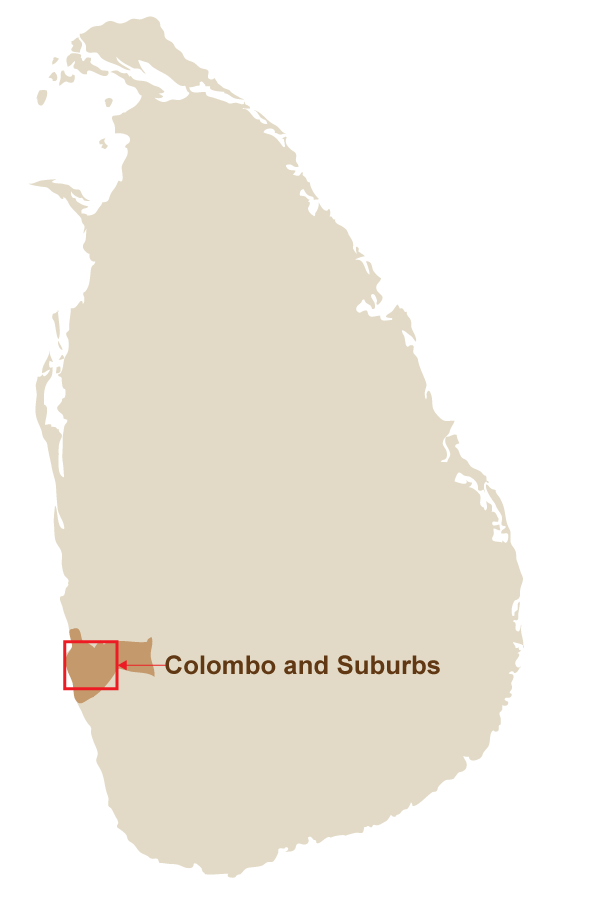 This cosmopolitan city is the bustling capital hub of Sri Lanka with gourmet restaurants, luxury hotels, an active nightlife and fantastic shopping possibilities. Much coveted as an important point of trade since ancient times, Colombo was a well positioned exchange center where traders from the Middle East traded ivory, precious stones, and spices like cinnamon, cardamom, pepper and cloves.
This cosmopolitan city is the bustling capital hub of Sri Lanka with gourmet restaurants, luxury hotels, an active nightlife and fantastic shopping possibilities. Much coveted as an important point of trade since ancient times, Colombo was a well positioned exchange center where traders from the Middle East traded ivory, precious stones, and spices like cinnamon, cardamom, pepper and cloves.
These were highly sought after commodities which sold for exorbitant prices in Europe.
Colombo is the place to shop till you drop. It has a good selection of shopping complexes, handicraft stores- a 'don't miss' shopping experience is Pettah, where you can find anything from electrical sockets to stationery. Places of worship for all religions exist (some of which have their own vibrant history) like mosques, churches, kovils and temples illustrate the melting pot that makes up our people. You can even spend your evenings strolling along Galle Face Green while watching the world go by.
Excursions - Colombo and Suburbs
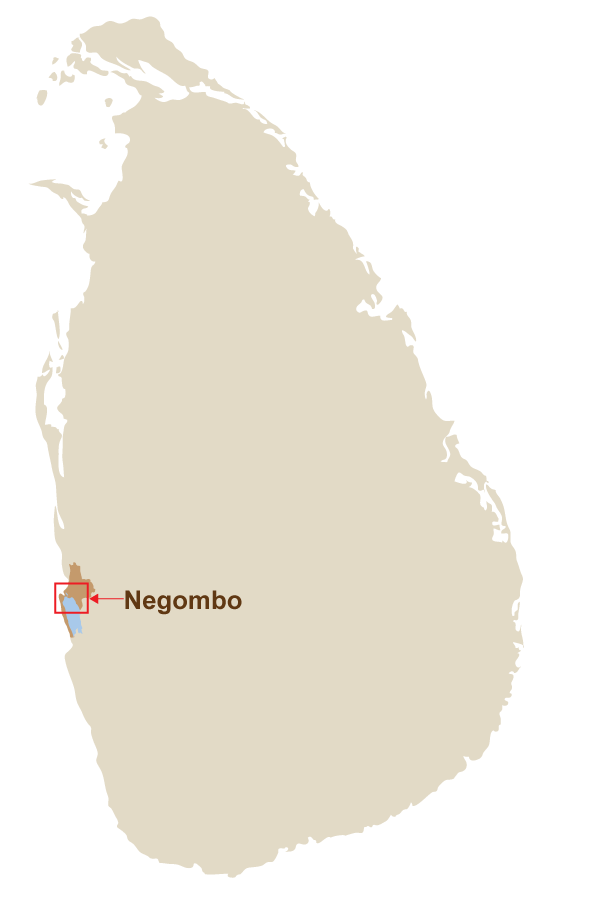 Often referred to as 'Little Rome' the town of Negombo is a historically interesting place, which has been strongly influenced by the Catholic faith. Now an ever expanding town, Negombo is a hotspot for tourists and is famed for its lagoon and harvest of lobsters, crabs and prawns. Fish auctions regularly take place on the beach and its intricate network of canals merit exploring too.
Often referred to as 'Little Rome' the town of Negombo is a historically interesting place, which has been strongly influenced by the Catholic faith. Now an ever expanding town, Negombo is a hotspot for tourists and is famed for its lagoon and harvest of lobsters, crabs and prawns. Fish auctions regularly take place on the beach and its intricate network of canals merit exploring too.
The Dutch, Portuguese and the British all laid claim to Negombo at different points in history, resulting in the beachside town's colourful past. The town has several buildings dating back to colonial days and influences can be seen in the style of architecture.
During the Dutch era, Negombo was also one of the most important sources of cinnamon, which was highly profitable at the time.
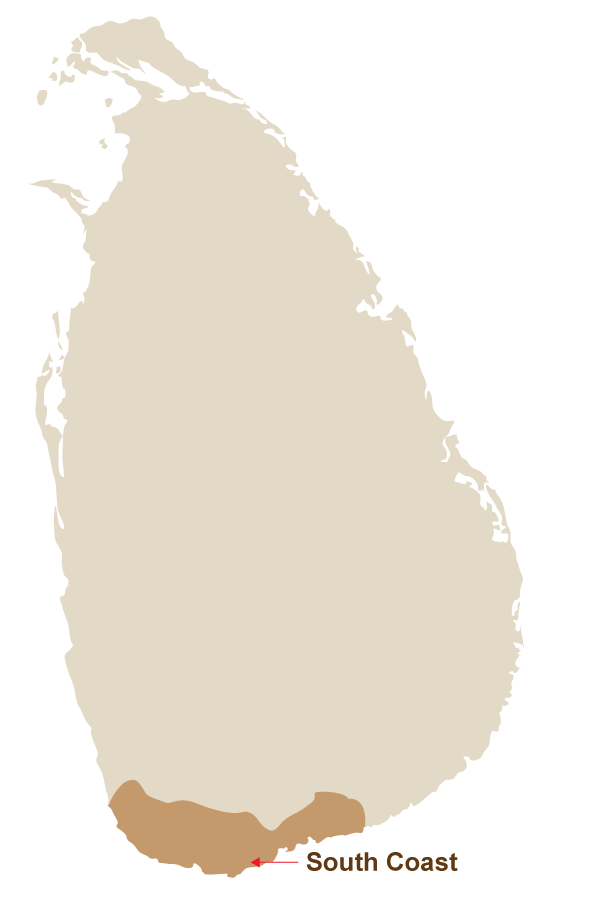 Galle was once the chief port of Sri Lanka. The Galle Fort is a vast garrison, spanning 90 acres, which was originally built by the Portuguese and later extended by the Dutch in 1663. Their influences are evident in the eclectic architecture all around including the famous Dutch Reformist Church. When the British took over the Fort, they too added their own influences.
Galle was once the chief port of Sri Lanka. The Galle Fort is a vast garrison, spanning 90 acres, which was originally built by the Portuguese and later extended by the Dutch in 1663. Their influences are evident in the eclectic architecture all around including the famous Dutch Reformist Church. When the British took over the Fort, they too added their own influences.
Entering the gates to the Fort you will experience a much slower pace of life compared to the frenetic movements outside the Garrison’s walls. Galle Fort is one of Sri Lanka’s 8 UNESCO World Heritage Sites.
Excursions - South Coast
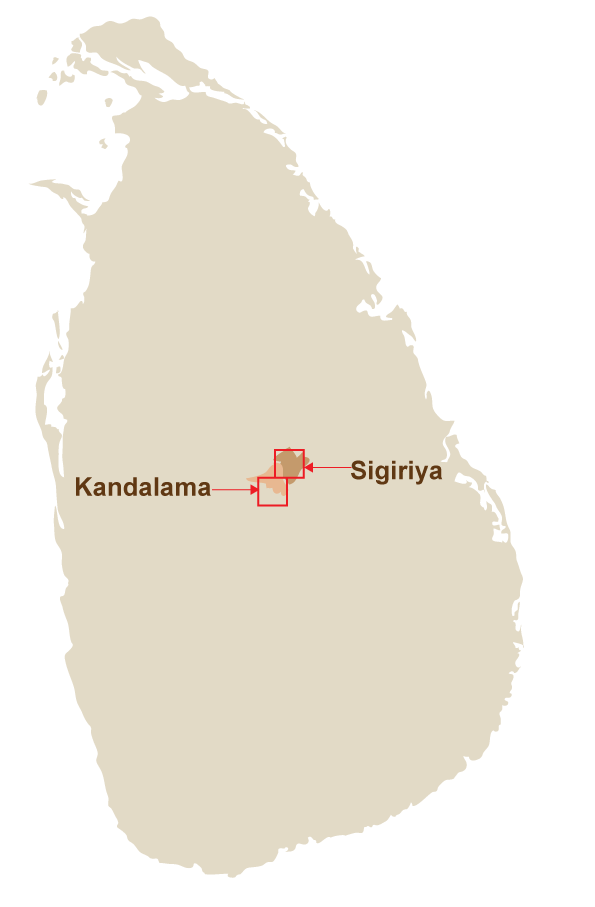 Sigiriya holds the mantle for being the most outstanding architectural wonder in Sri Lanka. Named a UNESCO World Heritage Site, Sigiriya rises 700 feet over one of Asia's most well-preserved ancient landscaped gardens. This giant granite monolith is an unforgettable site.
Sigiriya holds the mantle for being the most outstanding architectural wonder in Sri Lanka. Named a UNESCO World Heritage Site, Sigiriya rises 700 feet over one of Asia's most well-preserved ancient landscaped gardens. This giant granite monolith is an unforgettable site.
The fortress was built in the shape of a lion, hence the name Lion’s Rock. Giant lions paws and intricate surrounding brickwork are all that remain of the entrance to the Upper Palace. Stretching across nearly 3.5 acres, the palace on the flat plateau summit was home to King Kasyapa for over 20 years. The floor plan of the palace is still clearly visible, as is the King’s throne and his own personal bathing pool. On the way to the summit, you must pass the famous Sigiriya Frescoes which date back to the 5th Century. ‘Apsaras,’ or celestial nymphs adorn the indentations of one of the walls and rumour has it that they represent the concubines of the king.
As visitors over the centuries have admired these delicate maidens, they have written their love poems on what is known as the ‘Mirrored Wall’. This graffiti has been dated back to between the 6th and 14th Century, and many have been translated to reveal genuine feelings of emotion upon seeing the Apsara's ethereal beauty.
Excursions - Cultural Triangle
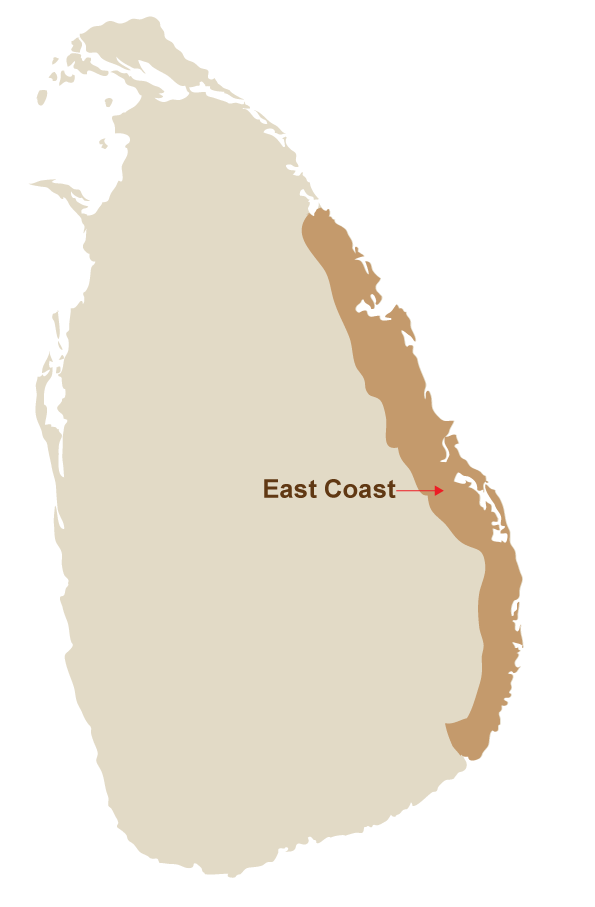 Trincomalee- affectionately known as 'Trinco' has a natural harbor reported to be one of the world's best. The harbor is vast in size, stretching over an expanse of approximately 2,000 hectares. Situated in the north east of Sri Lanka, Trincomalee boasts some of the country’s finest beaches at Uppuveli and Nilaveli where sands are white and waters are as clear as glass.
Trincomalee- affectionately known as 'Trinco' has a natural harbor reported to be one of the world's best. The harbor is vast in size, stretching over an expanse of approximately 2,000 hectares. Situated in the north east of Sri Lanka, Trincomalee boasts some of the country’s finest beaches at Uppuveli and Nilaveli where sands are white and waters are as clear as glass.
Close by at Pigeon Island water-sports are available, such as scuba diving and snorkelling. Apart from the beaches (which are somewhat of a main attraction) Trincomalee town has one of the most interesting and complex colonial histories in Sri Lanka.
Its ownership changed hands several times, between the Kings of Kandy, the Dutch, the British and even the French throughout history. Evidence of colonial times exist in examples of architecture even still.
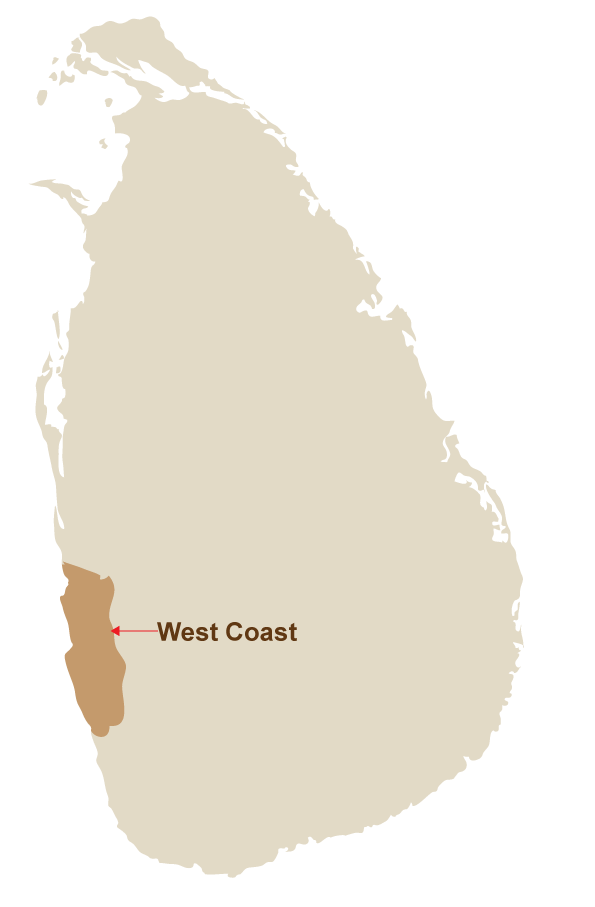 Thrill seekers will delight in the coastal town of Bentota. Famed for its reputation as the water sports hub in southern Sri Lanka Bentata
Thrill seekers will delight in the coastal town of Bentota. Famed for its reputation as the water sports hub in southern Sri Lanka Bentata
Famed for being the water sports hub of southern Sri Lanka, Bentota offers all water enthusiasts a full range of thrills and spills including surfing, windsurfing, kite-surfing, water skiing and scuba diving.
While scuba diving can be enjoyed only during the months of November until April on Sri Lanka’s western coast, all other activities can be enjoyed throughout the year. Due to mild weather conditions in the Bentota Lagoon, water sports take place in this naturally sheltered area even during the monsoon.
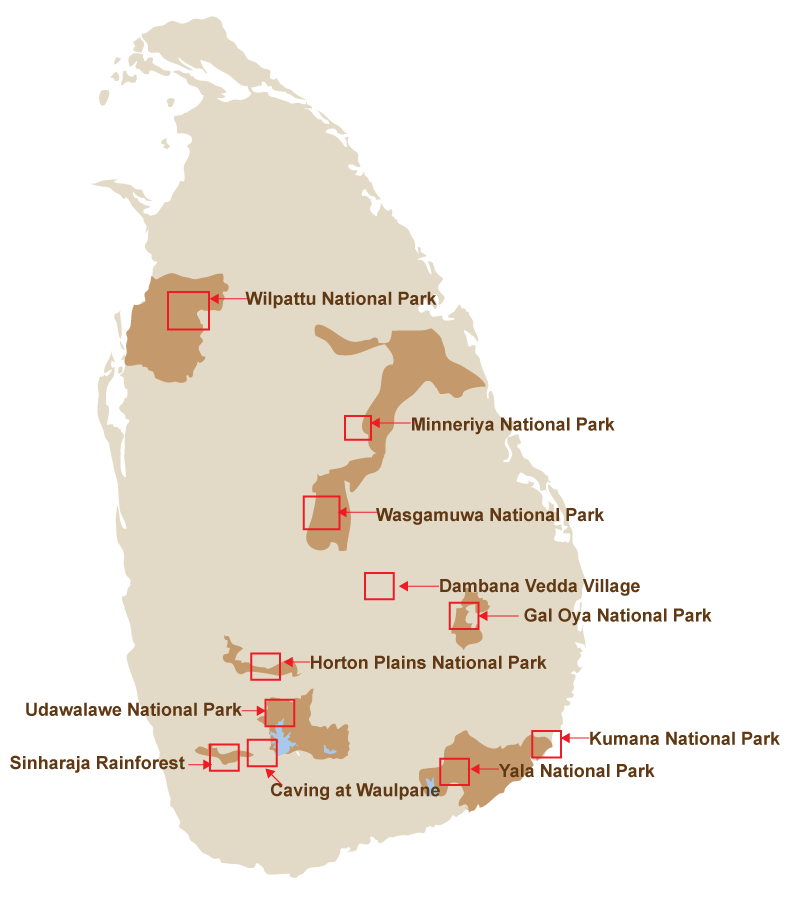 Yala National Park lies on the southeast coast of Sri Lanka and spans a vast 97,878 hectares over the Southern and Uva Provinces. The vegetation in the park comprises predominantly of semi-arid thorny scrub, interspersed with pockets of fairly dense secondary forest. The Park is world renowned for the wide variety of its wildlife, most notably for the Sri Lankan Leopard. Yala is regarded as the best place in the world to film photograph leopards with as high a population as one leopard per square kilometer in block one. Its large population of Sri Lankan elephants and its fine and healthy coastline which is home to many pristine reefs are attractions too.
Yala National Park lies on the southeast coast of Sri Lanka and spans a vast 97,878 hectares over the Southern and Uva Provinces. The vegetation in the park comprises predominantly of semi-arid thorny scrub, interspersed with pockets of fairly dense secondary forest. The Park is world renowned for the wide variety of its wildlife, most notably for the Sri Lankan Leopard. Yala is regarded as the best place in the world to film photograph leopards with as high a population as one leopard per square kilometer in block one. Its large population of Sri Lankan elephants and its fine and healthy coastline which is home to many pristine reefs are attractions too.
Yala also boasts a large number of important cultural ruins, bearing testimony to earlier civilizations and indicating that much of the area used to be populated and well-developed. For bird enthusiasts, the birdlife at Yala National Park is fantastic. Not only does Sri Lanka’s tallest bird, the critically endangered Black-necked Stork reside in the park, but often observed is the country’s largest bird, the instantly recognizable and ungainly looking Lesser Adjutant.
The best leopard-spotting opportunities are generally first thing in the morning and then again at dusk. The male leopards in Yala National Park are very confident animals and they are often seen walking the tracks during the day. Young males in particular seem to have no fear of the 4WD Jeep, which will certainly guarantee some excellent photographic opportunities.
Excursions - Nature and National Parks
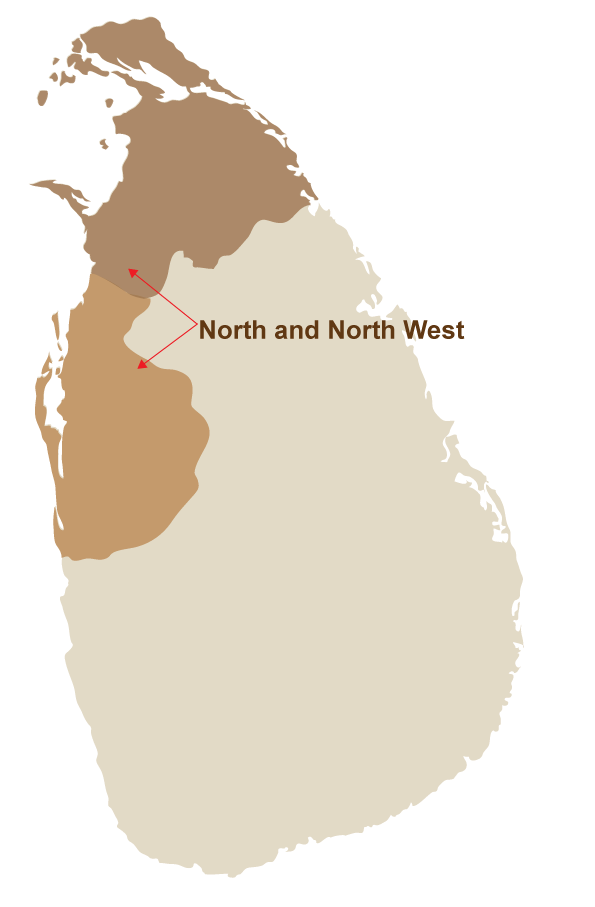 The city of Jaffna is a peninsula found on the Northern tip of the island. It has the most troubled history of the country, dating back to the Portuguese, Dutch and British occupations from the 16th to 18th century and in recent years, the base of the Tamil Liberation group who occupied the area during the civil war. The main attractions here are the Jaffna Fort and the Nagadeepa Hindu temple.
The city of Jaffna is a peninsula found on the Northern tip of the island. It has the most troubled history of the country, dating back to the Portuguese, Dutch and British occupations from the 16th to 18th century and in recent years, the base of the Tamil Liberation group who occupied the area during the civil war. The main attractions here are the Jaffna Fort and the Nagadeepa Hindu temple.
Excursions - North West

